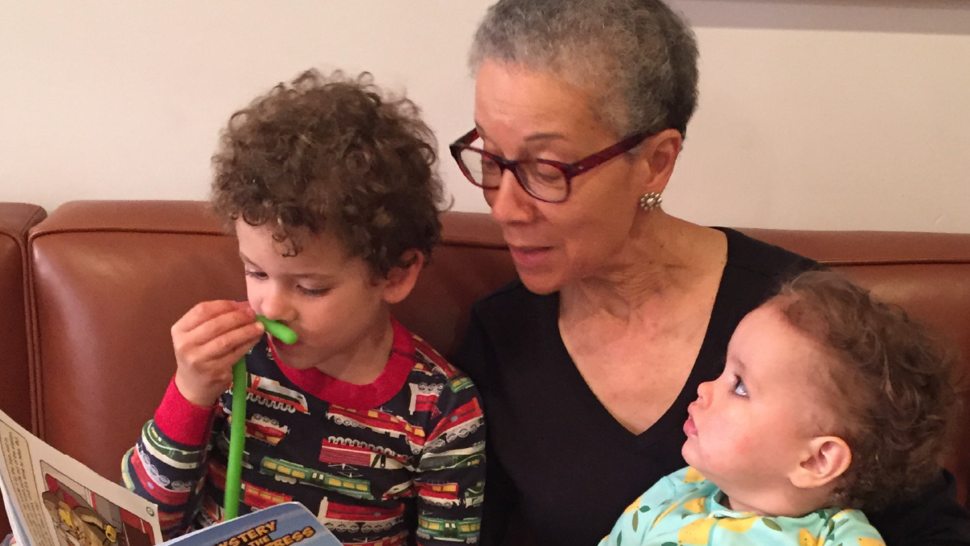Adine's Story
Today’s Clinical Trials are Tomorrow’s Standard of Care
Adine Usher felt a bump on her left breast. Her mammogram just 2 months earlier was negative, but she still had a sinking feeling. It was breast cancer.
At 68 years old, “all I wanted to do was whatever I could to save my life,” she said. She was working as an advocate for children with cerebral palsy, but “it’s scary being your own advocate and doing everything possible to fight for your survival.”
Keenly aware of how breast cancer affects her community (African Americans have the highest mortality rate of any racial group), her first step was to find an oncologist she could trust.
Doctors don’t make advances or have any kind of impact without patients participating in trials. I knew a trial was important to help others.
Adine’s friend had been treated by Dr. Joseph Sparano at Albert Einstein Cancer Center through 20 years of late-stage cancer. Adine met with the doctor and they ended up discussing the TAILORx clinical trial, which was enrolling women with early-stage HR-positive, HER2-negative breast cancer.
The trial tested whether hormone therapy used alone was as effective as hormone therapy plus chemotherapy based on a woman’s risk of recurrence.
Adine went home and thought about what participating in TAILORx could mean for other women and African Americans. “Being in a clinical trial now could benefit someone like me in the future,” she said. She joined in 2008, and in 2018, results from the trial changed treatment guidelines: 70% of women with this common type of breast cancer do not need chemotherapy after surgery.
Coordinated by a group in NCI’s National Clinical Trials Network (NCTN), “the landmark TAILORx study provided us more clarity about treatment—we’re likely overtreating some patients but undertreating some as well,” said Joseph. Adine was in a group that got chemotherapy, but even now at age 81 and 12 years cancer free, she has never second-guessed her decision. “Doctors don’t make advances or have any kind of impact without patients participating in trials. I knew a trial was important to help others.”
